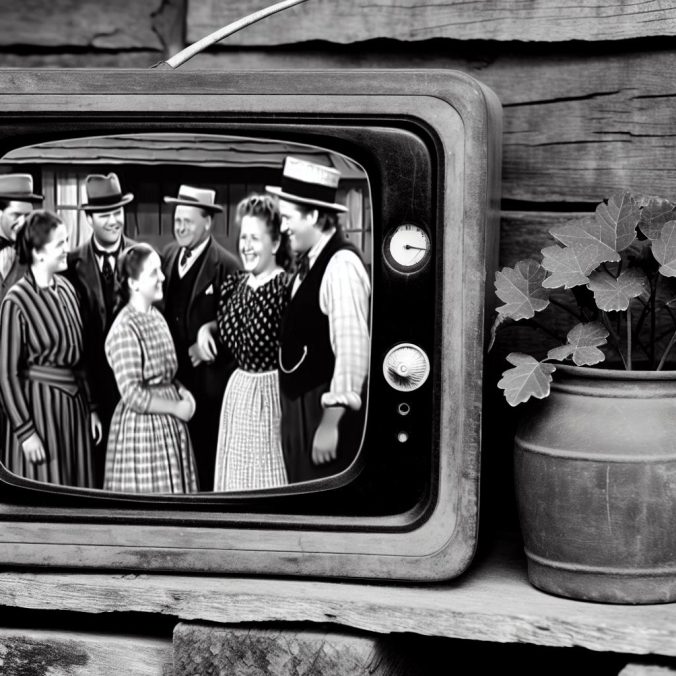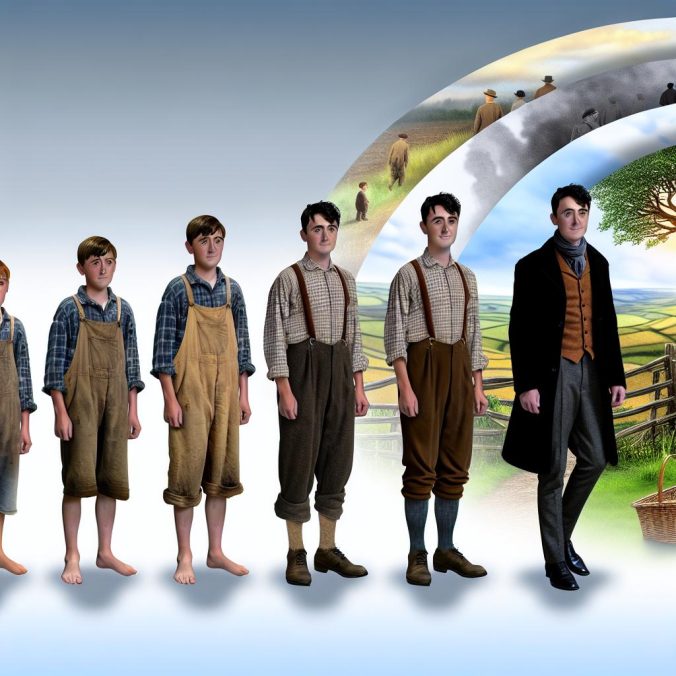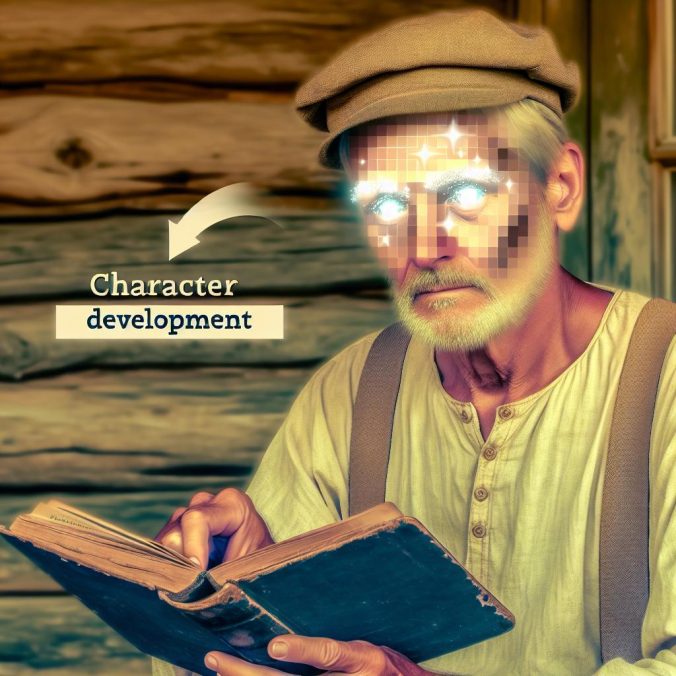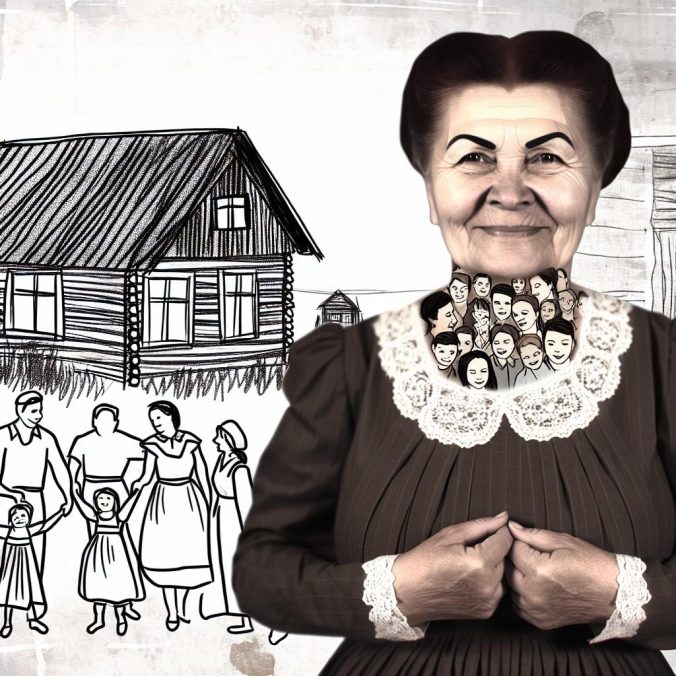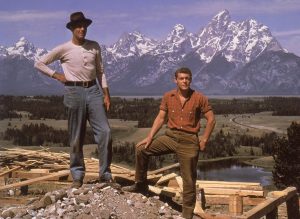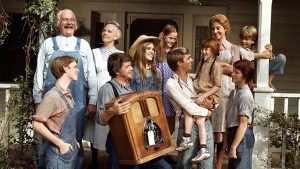Introduction
The Waltons is an emblematic American television series that holds a cherished place in TV history. Airing from 1972 to 1981, it captured the imagination of audiences across the nation. Set against the backdrop of the Great Depression, the narrative centers around the Walton family, who reside in the bucolic surroundings of rural Virginia. The show’s appeal lay in its heartwarming storytelling and strong character arcs, which resonated deeply with viewers. During its successful run, The Waltons featured a plethora of guest stars, each leaving an indelible imprint that helped propel the series to iconic status.
Beulah Bondi
Beulah Bondi was no stranger to the screen, having enjoyed a distinguished career both in theater and cinema before gracing The Waltons. Appearing as Martha Corinne Walton, the venerable matriarch of the clan, Bondi brought a profundity to the family dynamics that would captivate audiences. Her nuanced portrayal earned her an Emmy Award for Outstanding Lead Actress in the episode “The Pony Cart,” which remains one of the series’ most celebrated episodes. In this episode, Bondi’s character contemplates her own mortality while asserting her independence, providing a compelling exploration of aging and family ties.
Ron Howard
Ron Howard’s guest appearance on The Waltons came before his directorial prowess propelled him to fame. In the emotive episode “The Gift,” Howard convincingly portrayed Seth Turner, a young boy diagnosed with a terminal illness. His sensitive depiction brought the emotional weight of illness and impending loss into sharp focus, allowing the series to tackle one of its more poignant storylines. The character’s journey through acceptance and the impact on his family offered viewers a somber, yet enriching narrative on resilience, making it a standout moment in the series.
Sissy Spacek
Sissy Spacek was an emerging talent when she appeared on The Waltons as Sarah Jane Simmons. Her performances in the episodes “The Townie” and “The Odyssey” encapsulate youthful aspiration and budding romance. As a love interest of John-Boy Walton, Spacek brought to life the uncertainties and excitements inherent to young love, serving as a precursor to her later success in Hollywood. Her interactions with John-Boy provided relatable depictions of adolescent relationships, capturing the hearts of audiences and hinting at Spacek’s burgeoning career.
John Ritter
Renowned for his comedic talent, John Ritter brought a unique charm to The Waltons through his recurring role as Reverend Matthew Fordwick. His portrayal of the earnest and sometimes socially awkward minister was a testament to Ritter’s versatility as an actor. The interactions between Reverend Fordwick and the Walton family illustrated the value of community and faith during trying times. Through episodes peppered with levity, Ritter’s character offered a gentle respite from the more intense themes explored in the series, enriching the overall narrative tapestry.
Ernest Borgnine
The esteemed actor Ernest Borgnine guest-starred in the episode “The Conflict” as Homer Lee Baldwin. An Academy Award-winning actor, Borgnine’s participation added gravitas to the already compelling narrative of the series. His role brought tension and highlighted the socio-cultural issues of pride and familial responsibility during the era. Borgnine’s performance expertly tackled the theme of generational conflict, providing a thoughtful commentary on the balance between personal values and family loyalty, emphasizing the series’ strength in addressing social issues within its historical context.
Impact and Influence
The guest stars who appeared throughout the run of The Waltons undeniably enriched the series. They provided additional layers of storytelling, introducing fresh perspectives and engendering discussions on topical issues of the time. Their performances were instrumental in weaving complex themes into the fabric of the series, from familial bonds and personal integrity to social challenges and individual struggles. Each guest appearance was carefully integrated into the ongoing narrative, enhancing the show’s authenticity and relatability.
Why Guest Stars Matter
The inclusion of guest stars in a long-running television series like The Waltons serves several purposes. It can invigorate a show’s narrative by introducing new characters and storylines, maintain audience interest over lengthy seasons, and allow for the examination of diverse viewpoints within the context of the show’s primary themes. Guest stars also afford regular cast members opportunities to explore different character dynamics, creating richer on-screen relationships. In the case of The Waltons, these guest appearances allowed the series to remain fresh and engaging, effectively contributing to its sustained popularity.
Conclusion
In summation, the guest stars of The Waltons played a pivotal role in the series’ enduring success. Their performances added necessary depth and a multiplicity of perspectives that were crucial to the show’s storytelling richness. From Beulah Bondi’s portrayal of the indomitable Martha Corinne to the poignant contribution of Ron Howard’s young Seth Turner, each guest appearance was a carefully crafted element that bolstered the overarching narrative of the Waltons’ world. The show’s legacy is indelibly linked to these memorable guest performances, each one adding a stitch to the fabric of an enduring American classic.
